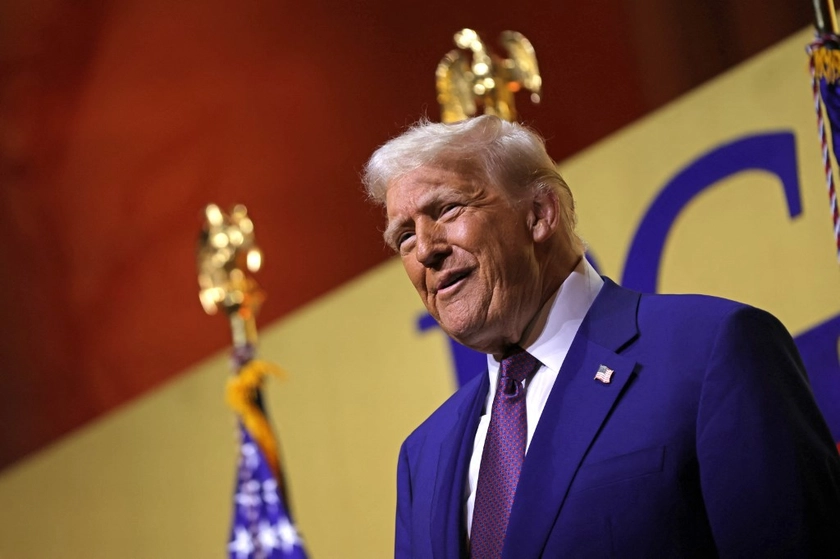Switzerland's new president Alain Berset pledged to steer one of Europe's major economies through the inflation and energy crises triggered by the war in Ukraine, as he took office on Sunday, Jan 1.
JOIN US ON TELEGRAM
Follow our coverage of the war on the @Kyivpost_official.
Berset, 50, started his one-year term acknowledging that members of the government had their differences but said they would work together to tackle the Alpine nation's challenges.
"A new year has begun. And we start it with impatience, joy, and also a little bit of apprehension, because recent times have been difficult," Berset said in a New Year speech at the Swiss National Museum in Zurich.
"First there was the pandemic, which came with a lot of suffering and daily difficulties at home, at school, at work and during our time off.
"And now there is a war in Europe which also has strong repercussions on our daily lives, whether in terms of energy or inflation."
But he said the "years of crisis" had shown that Switzerland was flexible and that its institutions and public finances were solid.
"The problems of others will sooner or later become our problems," said Berset. "But many of us, in Switzerland and around the world, want to face them. Enough of us remain optimistic and look to the future with confidence."
Besides Russia's war in Ukraine, the Covid-19 pandemic recovery and the economic and energy turmoil in Europe, Switzerland must also work on smoothing strained ties with the surrounding European Union in 2023.

Which Countries Are ‘Indispensable’ to Ukraine’s Security? US Asks EU Allies 6 Questions
Ties between Brussels and Bern have been strained since Switzerland suddenly decided in May 2021 to end years of discussion towards a broad cooperation agreement with the bloc.
Since then, Switzerland has been trying to pick up the pieces through so-called exploratory discussions.
Seats in the seven-member Federal Council government are shared among the main political parties under a tacit decades-old agreement, known as "the magic formula", which generally remains unaffected by power shifts in parliament but reflects the spirit of compromise that characterises Swiss democracy.
The president is first among equals on the council and represents the government to the outside world.
From the Socialist Party, Berset retains his interior ministry post. As the minister in charge of health, he played a key role in Switzerland's handling of the Covid-19 pandemic.
He previously served as president in 2018. There are two new faces on the Federal Council this year, in the first changes in four years.
However, ministers decided amongst themselves to keep outgoing president Ignazio Cassis at the foreign ministry and Viola Amherd in charge of defence, due to the geopolitical instability.
You can also highlight the text and press Ctrl + Enter











